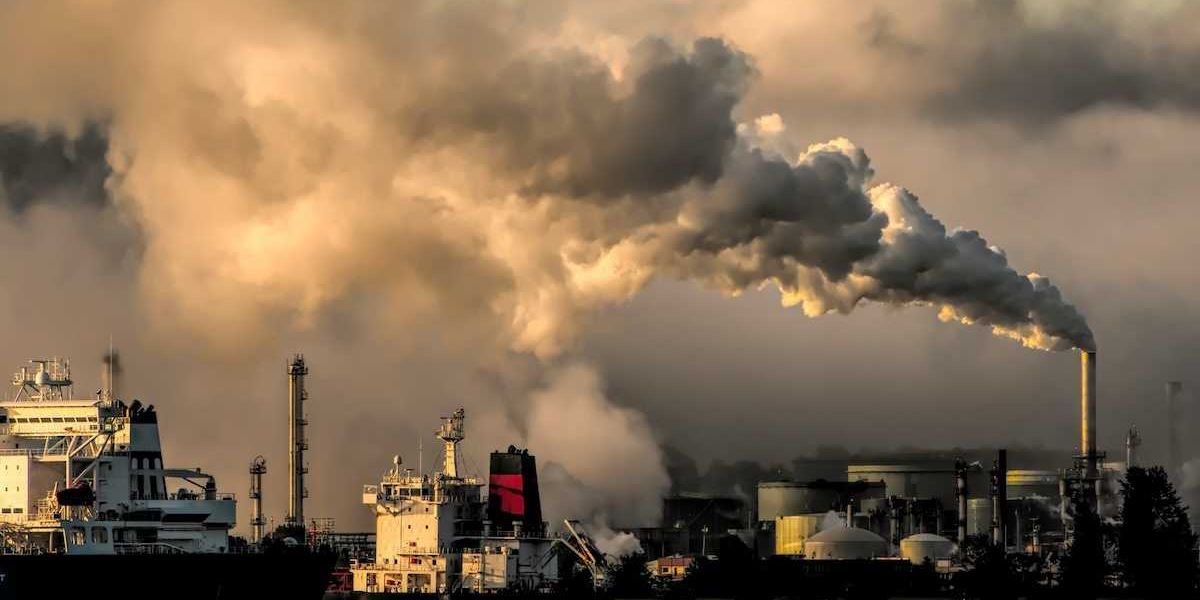chemistry
As Casco Bay warms, climate change alters its chemistry in unexpected ways
Heavy rains most likely caused low salinity and dissolved oxygen rates in Casco Bay this year, raising long-term pollution and productivity concerns for the local section of the fast-warming Gulf of Maine.
Everyone was wrong about reverse osmosis—until now
A new paper showing how water actually travels through a plastic membrane could make desalination more efficient. That’s good news for a thirsty world.
From waste to clean water: Tiny carbon particles can do the job
Many futuristic novels and films have explored what the world might look like without water. But water scarcity isn’t a problem for the far-off future: it’s already here.
The price of paper
Coastal communities around the world contend with the toxic legacies of pulp and paper mills.
Scientists puzzled by soaring global methane levels
Scientists say the rapid rise in atmospheric methane has significant implications because it is a potent greenhouse gas and can contribute to global warming.
www.theadvocate.com
Louisiana is bracing for an LNG boom. The projects will emit millions of tons of greenhouse gases.
A report outlining the environmental impact of the United States’ roaring liquefied natural gas export industry says 25 impending LNG projects could spew out up to 90 million tons of
Newsletter
Aerosols from burning fossil fuels are masking global warming, UW researchers find
Climate change will become worse before it gets better. According to research led by scientists at the University of Washington, eliminating greenhouse gases would stabilize the planet in the long term, but the subsequent loss of aerosols — small particles suspended in the atmosphere — could temporarily trigger alarming temperatures sooner than expected.
ORIGINAL REPORTING
MOST POPULAR
CLIMATE









